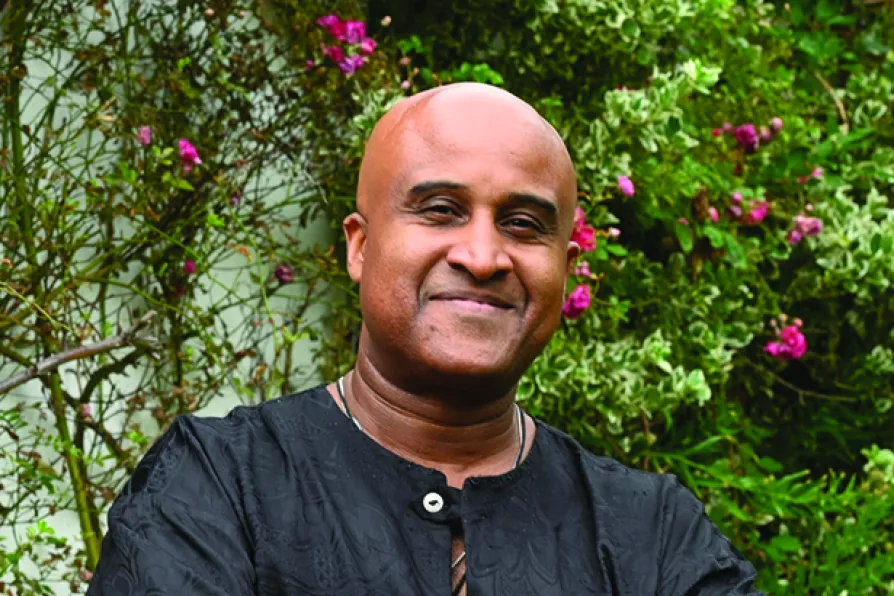By pressuring Mexico to halt oil shipments, Washington is escalating its blockade of Cuba into a direct bid for economic collapse and regime change, argues SEVIM DAGDELEN

 Roger McKenzie is a candidate for general secretary of Unison
Roger McKenzie is a candidate for general secretary of Unison
To say that trade unions have an important role in combatting racism in society and in the workplace is something of an understatement.
What is really important is that the anti-racism work of trade unions shouldn’t be based on it being the latest fashion or simply thinking that you might look bad if you don’t do anything. Trade unions must be solidly committed to anti-racism for the long term.
Trade unions have come a long way from the early 1960s when the TUC passed a resolution protesting immigration while at the same time being content to accept the membership subs of Black workers.

CWU leader DAVE WARD tells Ben Chacko a strategy to unite workers on class lines is needed – and sectoral collective bargaining must be at its heart

Sisters came together last weekend for the landmark launch of a new women’s group. ROS SITWELL reports












